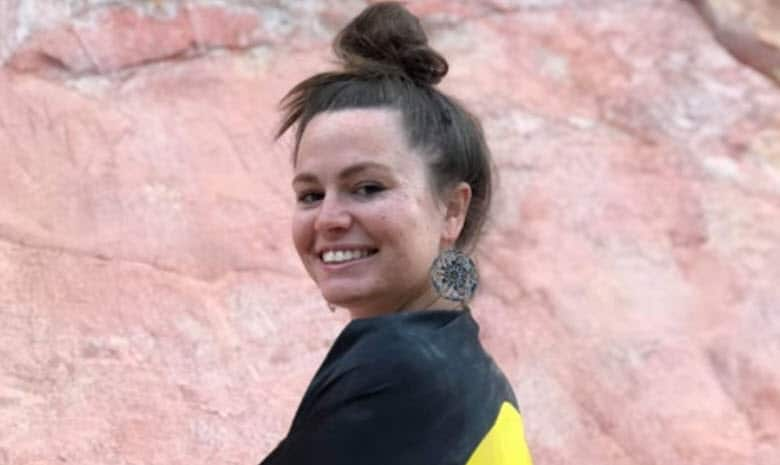The group charged with being the voice of Indigenous Victorians in the treaty process has been elected.
Twenty-one provisionally-elected members to the First Peoples' Assembly have been announced, following weeks of voting open to all Aboriginal and Torres Strait Islander Victorians over 16.
It means Victoria is a step closer to becoming the first Australian tier of government to sign a treaty with Aboriginal sovereign nations.
"Over 70 traditional owners put their hand up across the state. They are all leaders, they have much to contribute as the journey continues," the Treaty Advancement Commission said in a statement on Tuesday.
Treaty Advancement Commissioner Jill Gallagher said the elections mark a "transformative moment in the treaty process".
"These people will make vital decisions about the framework for negotiations, which will influence treaty negotiations in the future.”
“It’s a mix of our young and our old people. Some are leaders now, and others will be leaders in a generation to come,” she said.
A treaty is a contract with a list of legally-binding responsibilities.
Treaties between governments and Indigenous people can be used to recognise historic sovereignty, sacred sites, and place names, historical wrongs and to map how relationships should evolve in the future.
'Generational representation'
Sissy Austin, a 25-year-old Gunditjmara woman, has been elected to represent the state’s south-west.
She said her decision to stand for a spot on the assembly was born out of a frustration with treaty negotiations so far, and fears of having marginalised Indigenous voices left behind.
“I think there needs to be generational representation at the table, given young mob are going to inherit whatever comes out of treaty negotiations,” she said.
“I’m young, but I’m also accountable to my elders and community, which I keep at the forefront of my mind.”

Ms Austin said the fight to save trees sacred to Victoria’s Djap Wurrung people played a part in wanting to stand for election.
“That situation really highlighted the conflicting agendas of the state government. One hand, they planned to destroy Djap Wurrung country, but also [push ahead with] the treaty,” she said.
“The assembly has a responsibility to hold the government accountable and protect country under threat.”
The assembly will eventually comprise 32 members and represent communities in setting with the government the ground rules for negotiations, including how treaties can be agreed in Victoria, and setting up an independent umpire for treaty talks.
The 11 non-elected representatives are reserved for the formally-recognised traditional owner groups of Victoria.
The assembly will have its first formal meeting at the Victorian parliament on 10 December.
The First Peoples' Assembly's main job is to produce the rules by which individual treaties will be negotiated between the Victorian Government and individual Aboriginal nations.
It will also set up an independent umpire tasked with overseeing those negotiations to make sure they are fair.
Additional reporting: AAP

